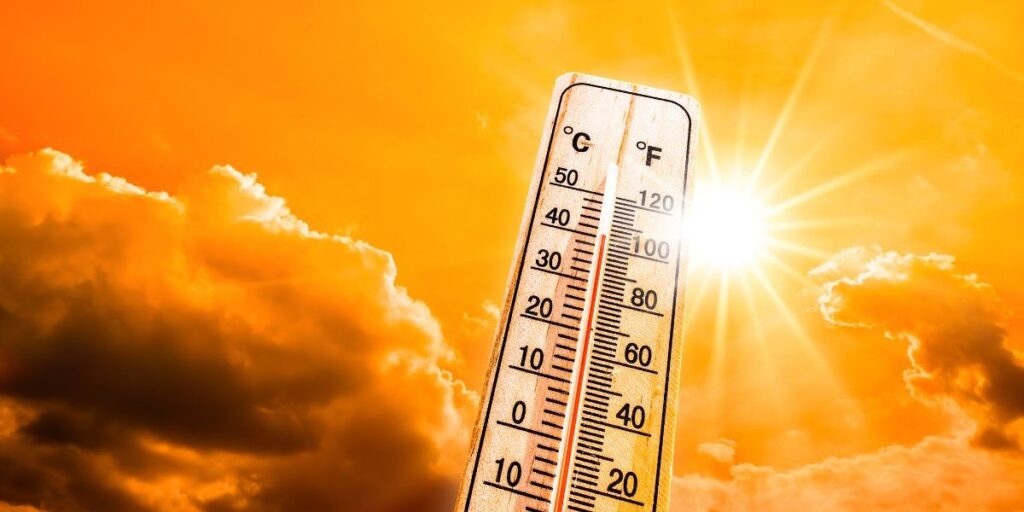As part of the Biden-Harris Administration’s historic Earth Week initiatives, the U.S. Department of Housing and Urban Development (HUD) has announced additional actions to help communities improve resilience to extreme heat.
Extreme heat claims more lives than any other weather-related disaster. In 2023, the world experienced its warmest year on record. Heat records were broken throughout the U.S., with Phoenix seeing 31 consecutive days above 110°F and Chicago attaining a heat index of 120°F.
“Extreme heat affects all of us,” said HUD Acting Secretary Adrianne Todman. “Historically underserved communities are even more vulnerable. At HUD, our priority is to increase awareness about the dangers of extreme heat and support local and state leaders as well all respond to this climate hazard.”
For the first time in its history, HUD created a webpage on Extreme Heat that acts as a hub, emphasizing measures communities may take to prepare for and respond to extreme heat events, as well as available resources to assist fund climate resilience initiatives. HUD also released two new technical assistance products: an excessive Heat Quick Guide to help communities plan for excessive heat and identify mitigation solutions, and a webinar on Extreme Heat and Cold, which focuses on community resilience. Additionally, HUD will offer a stakeholder briefing on extreme heat on May 23.
Recently, HUD announced a collaboration with the National Oceanic and Atmospheric Administration (NOAA) and the U.S. Department of Health and Human Services to map urban heat islands in 14 American communities.
HUD is working with nearly 20 federal departments to participate in the National Integrated Heat Health Information System, which aims to raise awareness about the dangers of high heat and develop strategies to mitigate its detrimental effects on communities across the nation.
To read the full release, click here.






